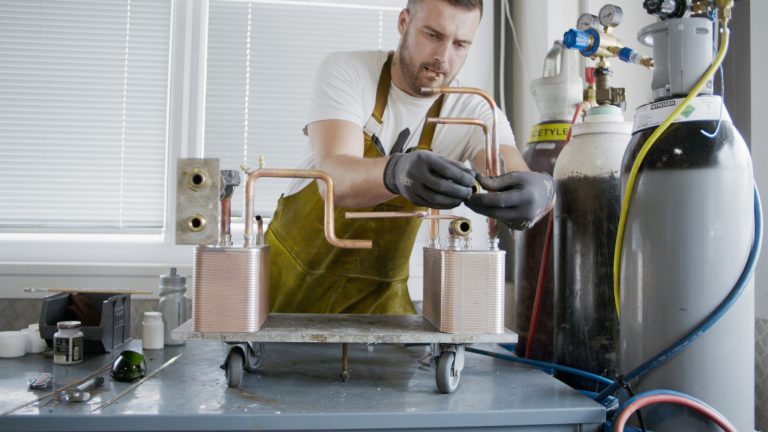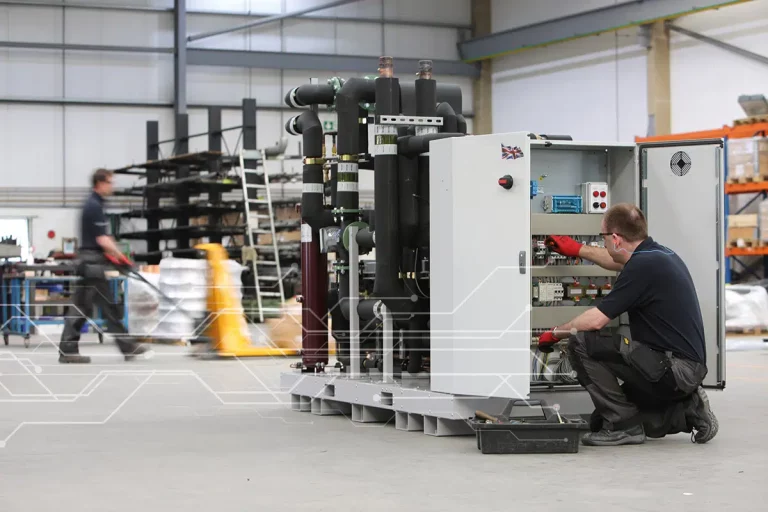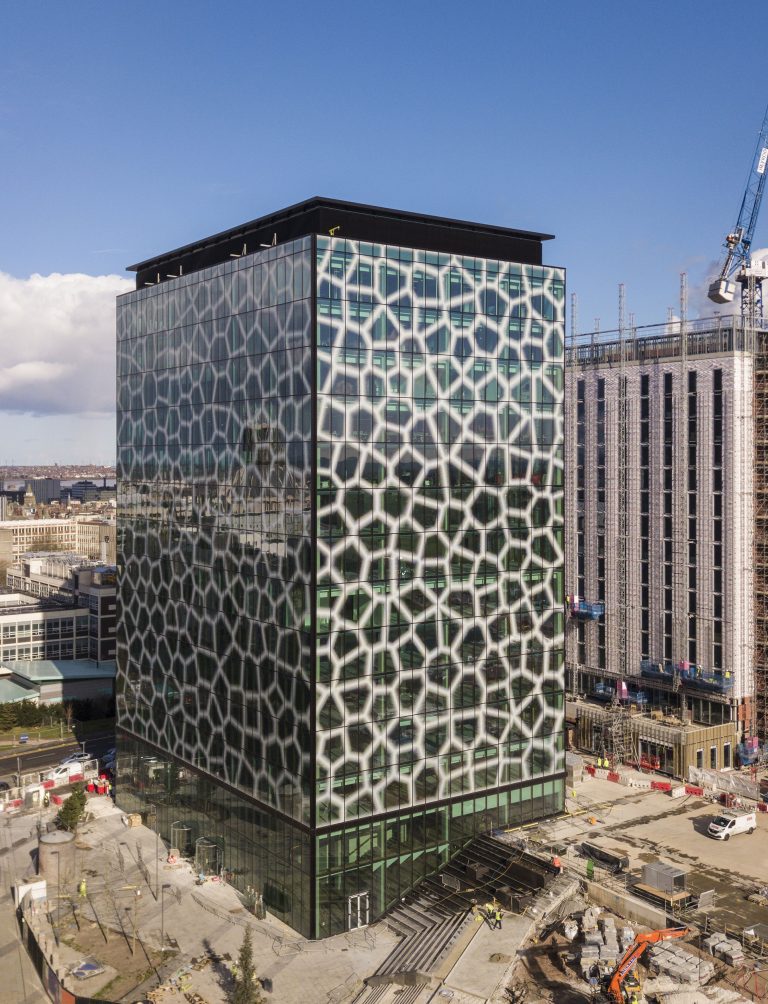Helvar is excited to announce that that The Spine in the UK has been awarded a DALI award in the commercial/professional category at the 2021 DALI Lighting Awards, alongside two highly commended projects. Oyak-Renault Factory in Turkey was commended in the industrial category and Hospital Nova in Finland was commended in the healthcare category. The DALI Lighting Awards took place virtually on 19th January 2022. These awards celebrate and showcase the best use of DALI control solutions in lighting projects and installations across the globe. Designed to reward control, creativity, problem-solving, and difference, the DALI Lighting awards recognise excellence in lighting control. The judging panel consists of eight industry professionals, including a Chief Electrical Engineer, Lighting Designers, Editors, Associate Director of Lighting, Industry Relations Manager, and the DALI Alliance Technical and Certification Manager. “We are one of the founding members of the DALI Alliance. We continue to introduce leading DALI lighting solutions, including both lighting controls and drivers. With the introduction of the DALI-2 standard we have entered a new era of standardisation and interoperability in the lighting world, and we look forward to making further impact”, acknowledges Helvar CEO, Adel Hattab. “Winning the DALI lighting award for The Spine, a noteworthy project, and not one but two highly commended projects, Oyak-Renault Factory and Hospital Nova, are further proud moments for us in our DALI journey”, continues Hattab. The award-winning Helvar Imagine Solution is the world’s leading intelligent lighting control and management solution. It brings wellbeing and intelligence into a space, offering efficiency and scalability for a wide variety of applications. Imagine builds upon industry standards for easy installation and integration, adding strong and unique value on top of the standard. Winner of the DALI award in commercial/professional category The Royal College of Physicians’ new home in the north, RCP at The Spine, is located within the Paddington Village development in Liverpool’s city centre. The judges chose the Spine as the winner as they thought it was “a beautifully designed building that seamlessly combines both artificial and natural lighting to create a bright and welcoming environment”. The building is noteworthy for being the first building in the UK designed to achieve the prestigious WELL Platinum standard. The RCP occupies 70,000 sq ft across seven floors in the 160,000 sq ft building. It provides world-class facilities for medical examinations and assessments, educational courses and conferences, an exhibition space and office areas for RCP staff. “The Spine is said to be one of the healthiest workspaces for mental and physical wellbeing in the UK. Light is an important element of the WELL standard, and I’m delighted that Helvar is part of this project as wellbeing is one of our core values”, expresses Stephen Marley, Specification Sales Manager, Helvar. “Lighting contributes to wellbeing enormously as we know, so the extra attention taken by Helvar to create an intelligent fully addressable DALI lighting control system was highly commended by the judges”, explains Matt Waring, editor, Arc Magazine. BDP were the M&E consultant for the entire building. The Lighting Design House in London were tasked to design the lighting and control of a scheme specifically for a large biophilic area. Contractor T Clarke required partners to deliver quality solutions and selected Helvar to provide the lighting control for the whole RCP project. The judges also commended the additional focus on biophilia, “it’s so important for workspaces to have a more considered approach these days that is tailored towards the wellbeing of its users and the introduction of plant life is an ideal way to do this. While in some workspace projects, this can feel like a token gesture or as an add on, but the way in which this is integrated into the fabric of the building is incredibly well done- well-defined light levels for the biophilic aspects help ensure that the user experience for the facility is vastly improved.” Commendation for DALI award in the Industrial category With a 380,000 square meter area, the Oyak-Renault factory in Turkey serves as a particularly noteworthy and large-scale example of a successful lighting transformation. Commended by the DALI Alliance for bringing a tremendous improvement in energy efficiency, the freshly installed lighting system is estimated to provide annual savings equivalent to the yearly electricity consumption of 4,700 houses! Led by Helvar partner Elekon Enerji Sistemleri, renowned DALI experts in Turkey and surrounding areas, the project involved the replacement of 16,400 lamps in the workshops and offices in the factory and the installation of a Helvar lighting system to manage and control the new LED luminaires seamlessly. Overall, the transition to LED luminaires and a lighting control solution with a combination of automatic features enabled around 70% of lighting energy costs to be saved at the factory, equal to approximately 11MWh of energy and 5000 tons of carbon emissions annually. Commendation for DALI award in the Healthcare category Hospital Nova located in Jyväskylä, Finland was highly commended by the judges in the healthcare category. Judges recognised that patient and staff wellbeing is central to the lighting design. “DALI controls all indoor, and outdoor lighting at this newly built Hospital, one of the largest in Finland, and the project has over 30,000 controlled DALI addresses. The DALI system responds to both light level fluctuations and seasons and is freely programmable to allow users to tailor the desired lighting scheme. By understanding people’s movements and how the spaces are used, the lighting can be adjusted to save energy since the system can detect the most optimal lighting setting based on collected data”, says Mark Lein, Industry Relations Manager, Illuminating Engineering Society (IES). Controlled areas include patient rooms, corridor lobbies, operation theatres, helicopter landing areas and outdoor lighting. There is also lighting art in the main entrance lobby where there is DALI controlled colour lighting. The hospital is installed with the latest Helvar Insights, which automatically monitors the system’s status 24/7 and notifies maintenance engineers of any faults that require attention. “Nova Hospital is one of the most advanced and newest














